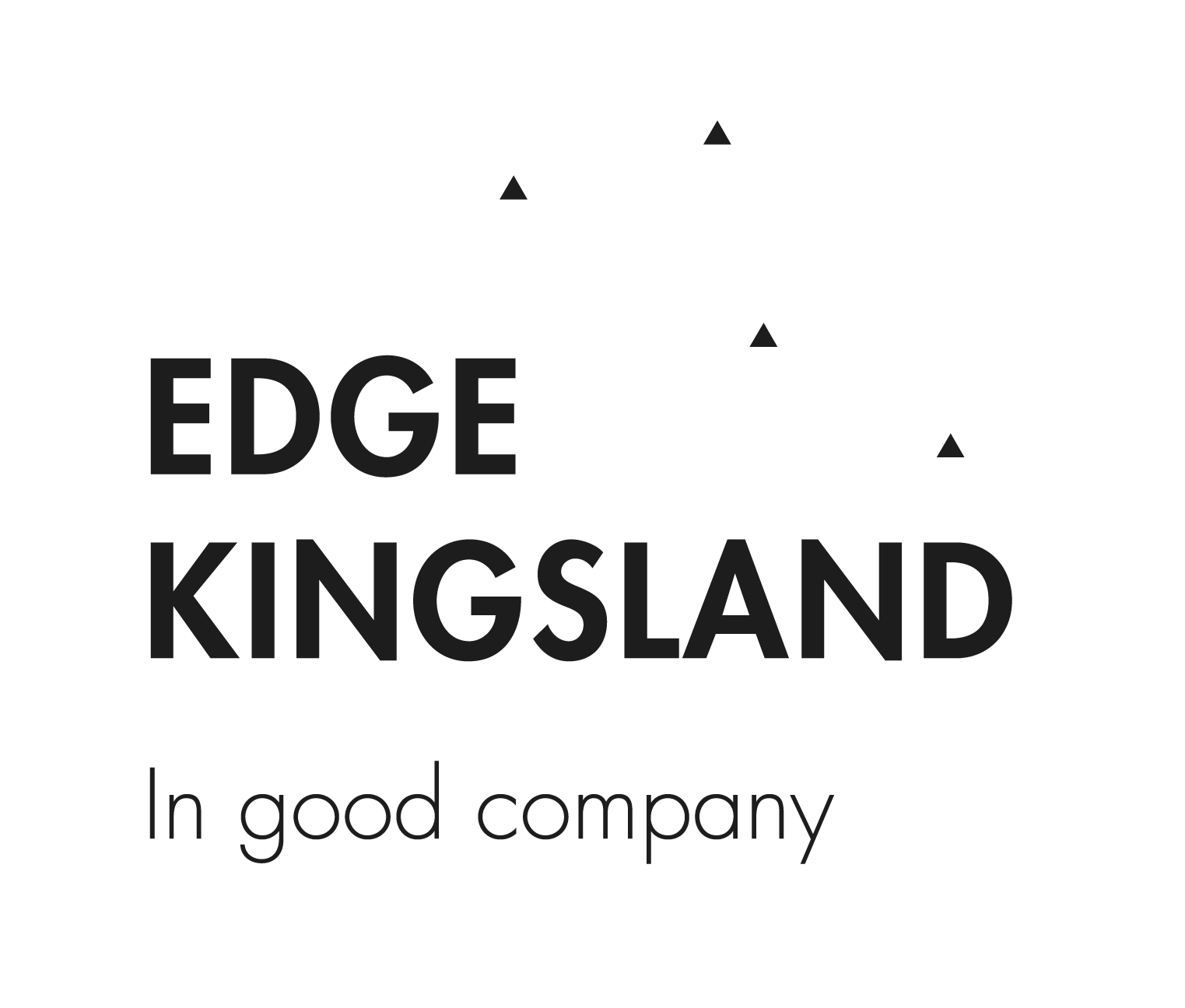Indigeneity II
Indigenous peoples, also known as first peoples, aboriginal or native people are ethnic groups who are the original owners and caretakers of a given region in contrast to groups that have settled, occupied or colonized the area more recently. They are unique by nature of their own languages and deep seated cultural and spiritual traditions.
We are living in a time when the history books are being thrown wide open and spotlights shone even more deeply onto the atrocities that have been committed against the indigenous peoples of the world. The process was called colonisation, often executed under the cloak of Christianisation.
And for centuries we know this was being undertaken in a clearly organised and methodical way. For example, as we track back to the 15-17th Centuries, we can see the intentionality of the Roman Catholic Empire to reach into all of the known world through the Church’s ‘Doctrine of Discovery.’ These Orders or ‘Papal Bulls’ gave the monarchy of Britain and Europe the right to ‘conquer and claim lands, converting and killing the native inhabitants of these lands in the process’.
In the Name of God. In the Name of Enlightenment. In the name of White Supremacy.
This week in Aotearoa we are commemorating the arrival of Captain James Cook to our shores 250 years ago. His journey of course was commissioned in the name of discovery, yet there are also stories that are being uncovered that tell of the dark side of his arrival, including the deaths of some local indigenous people, as well as the road that was now being paved to colonise this land. Some are commemorating his arrival, while others mourn and lament the loss.
I’m not offering a critique either way (here in black and white) but this history of ours does find itself part of a bigger story, one that is being told all over the world, in the 90 countries, where 370 indigenous peoples reside, represented by 5000 groups.
The question must be asked as to why there has been such a ruthless attempt at wiping out ancient indigenous people groups effectively denying the world of the wisdom for life embedded in their spirituality and culture?
Perhaps the answer lies in the question itself.
‘Indigenous knowledge has value. Indigenous knowledge has worth. Most importantly indigenous knowledge can provide us with answers to and add solutions to contemporary problems’ – Curtis Bristowe
In his TedX presentation Bristowe goes on to tell the story of his ancestors who were wrongfully exiled from their homeland in the North Island and imprisoned on the isolated Rēkohu (Chatham) Islands. He tells of their story of survival, posing the question ‘How did they?’ and drawing from indigenous wisdom suggested that their survival was achieved through living into a collective wisdom, not individual aspirations. This story has a good end, as in 1868 their freedom was achieved, not through release by the imposing colonial powers rather by escaping as a community and making their way back home.
What wisdom can we gain from this as we are firmly entrenched in western values and systems that both honour and support empiric notions of individual survival? This is but one example of the wisdom that our ancients offer us as we navigate the challenges of the life we live today. Taking time to unearth and embrace indigenous ways of being, as suggested above could in fact offer solutions to our contemporary issues.
We are born of the same womb, tied in the bonds of humanity, tied to the heavens above us, tied to the earth beneath us, these are bonds that can never be severed.From this life and to the next, we are but one family.
Linda Burson Swift
